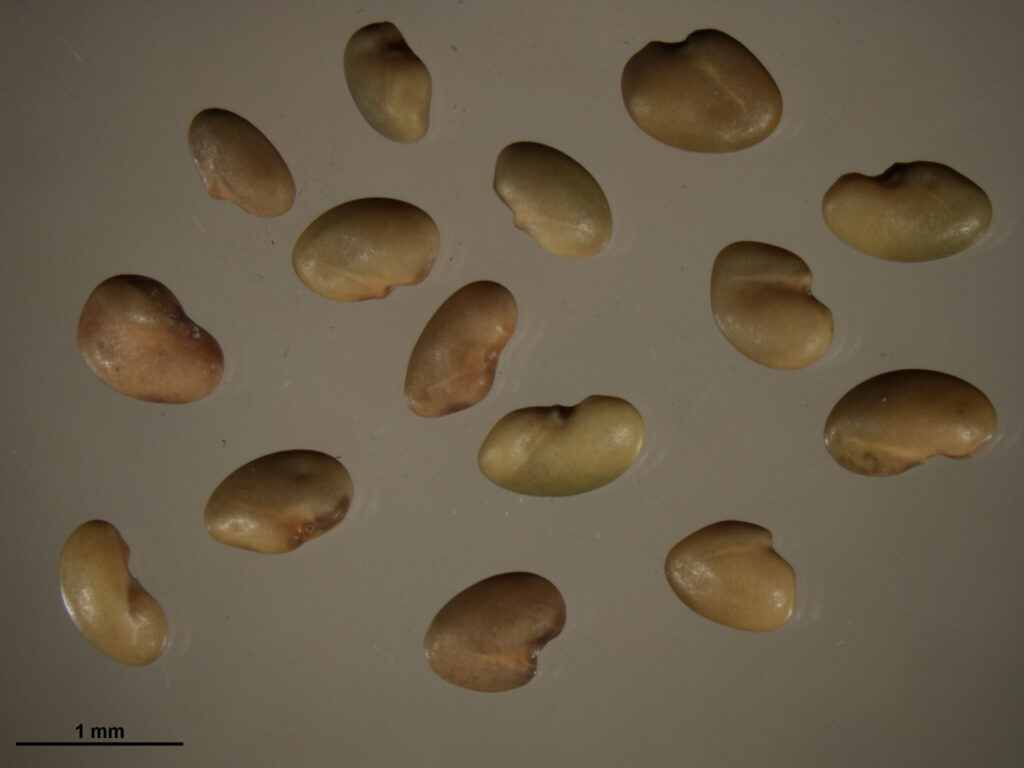
Timely alfalfa seeding is always important to getting an excellent stand, and when seeded late does not have time to develop into a winter hardy plant.


Timely alfalfa seeding is always important to getting an excellent stand, and when seeded late does not have time to develop into a winter hardy plant.
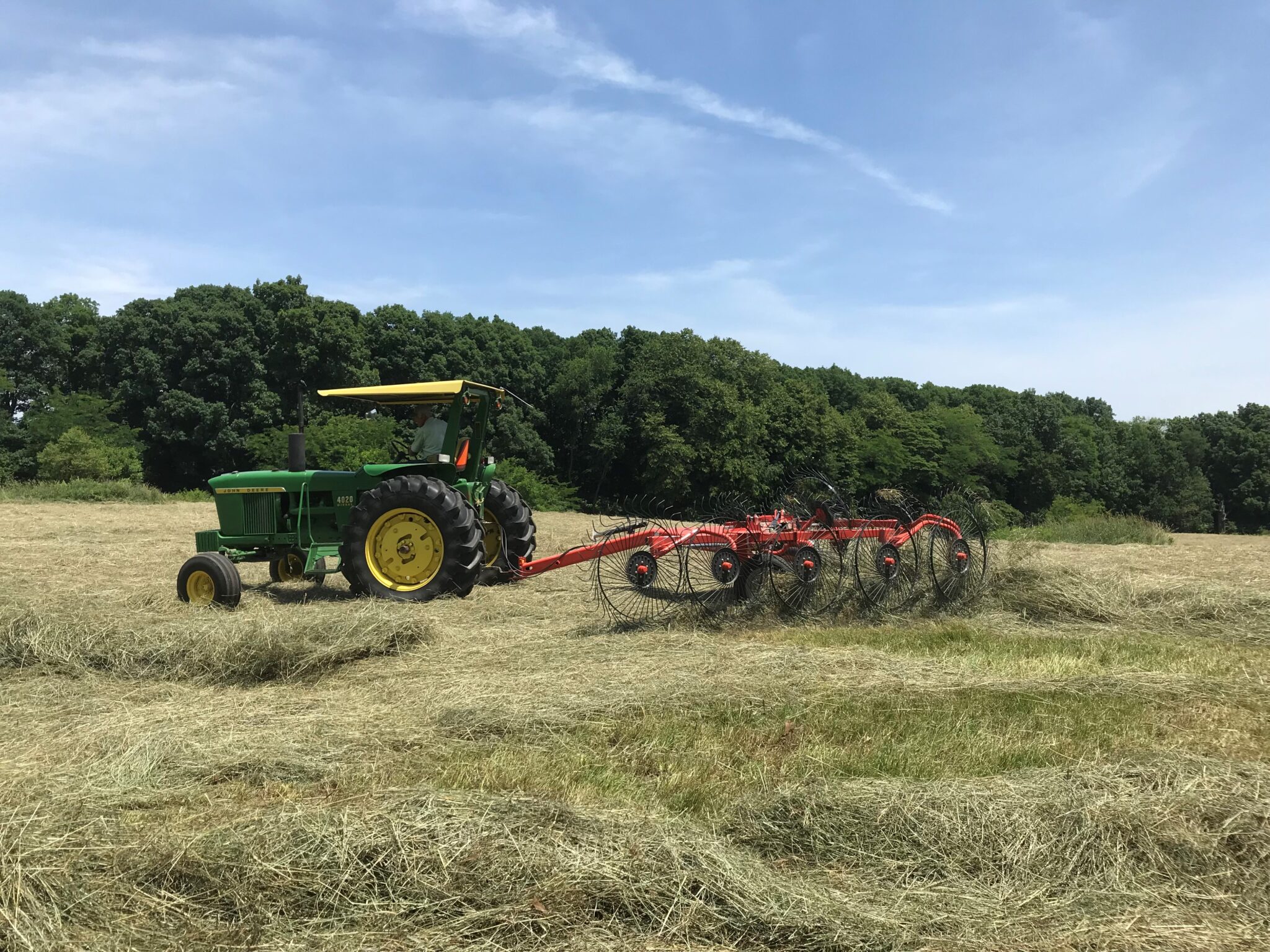
Environmental conditions that exist when forages are ready to be harvested influences the amount of hours that it takes to get to a safe baling moisture.
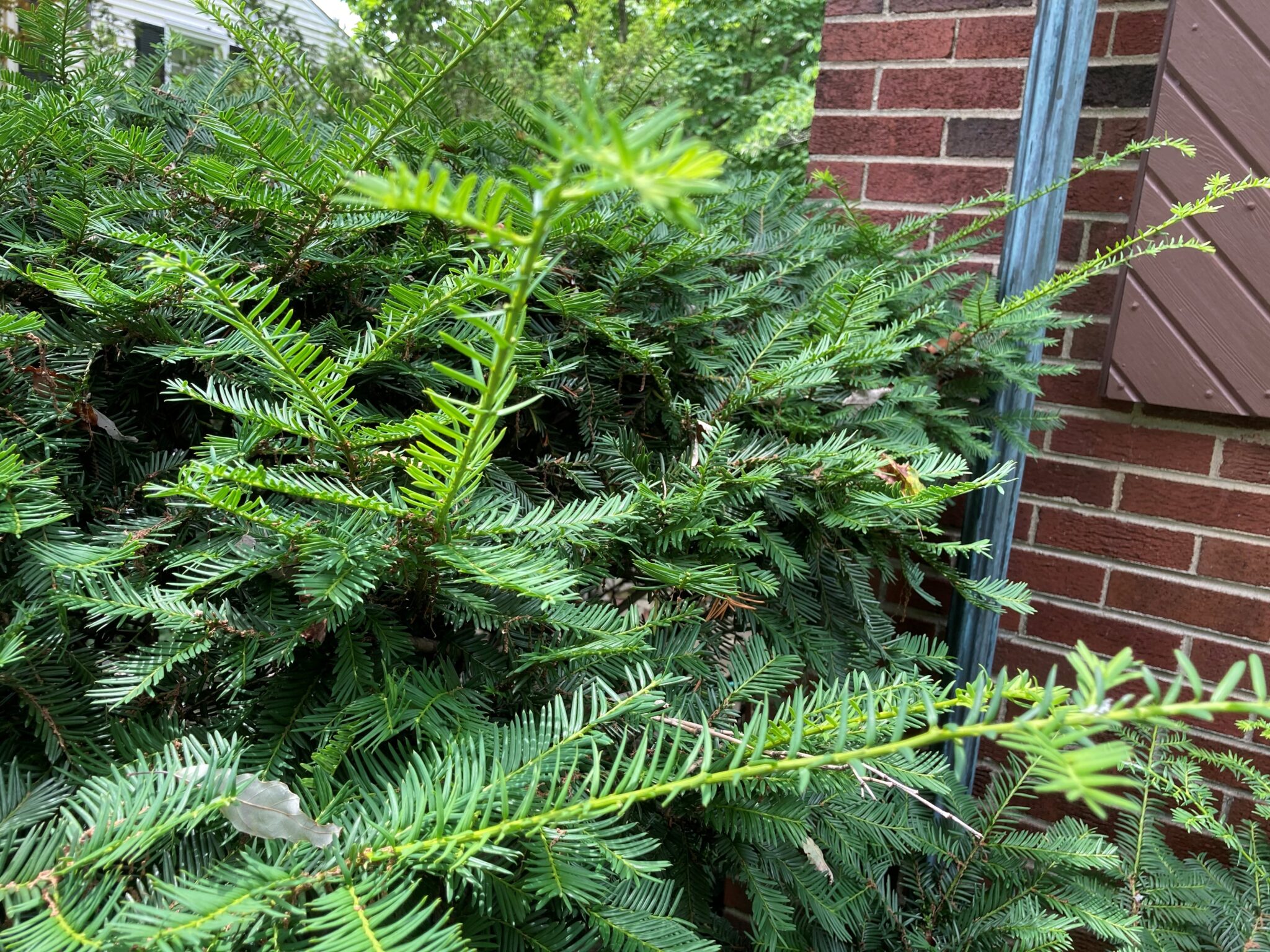
It’s that time of year when the yew (pronounced like the letter “U”) is likely in need of a trim to look best as a landscaping plant.
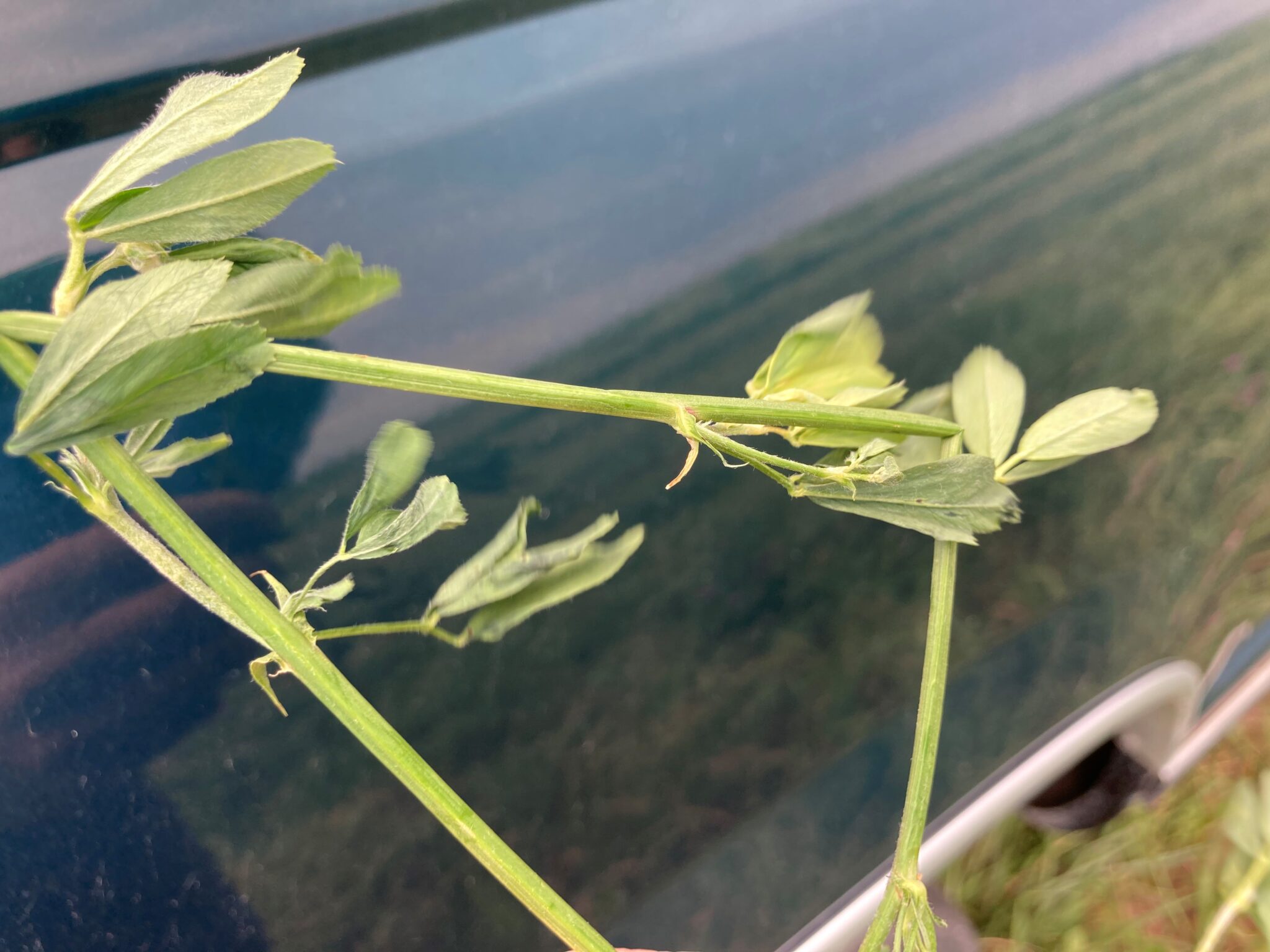
It has been my observation that many livestock producers that once used tower silos have transitioned to using plastic tubes for fermenting forages.
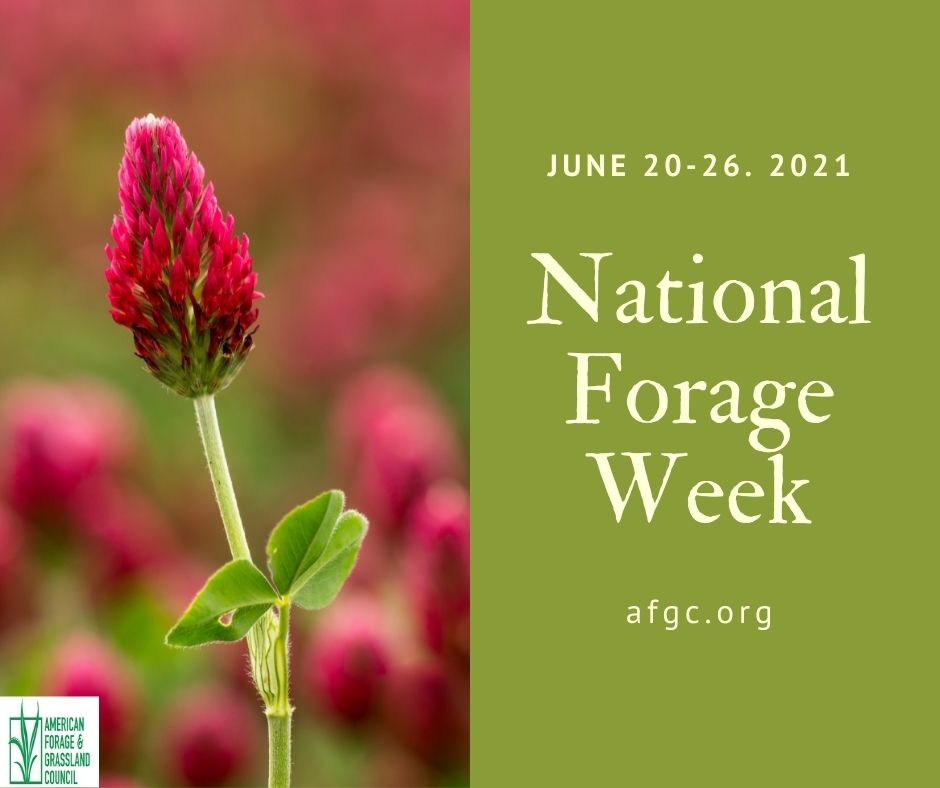
National Forage Week (June 20 – 26) is coming to a close. The leadership team of the Indiana Forage Council, a not-for- profit organization, decided it was appropriate to share on the council’s Facebook page the contributions forage crops provide the world.
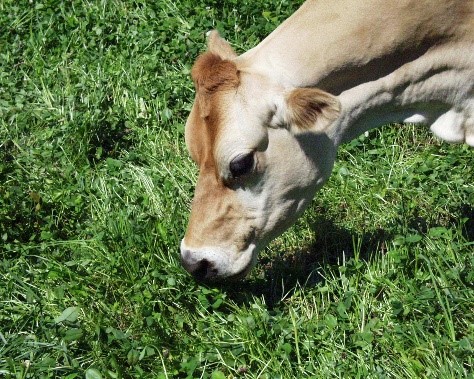
When one travels throughout much of Indiana, you quickly observe that corn and soybeans dominate the landscape.
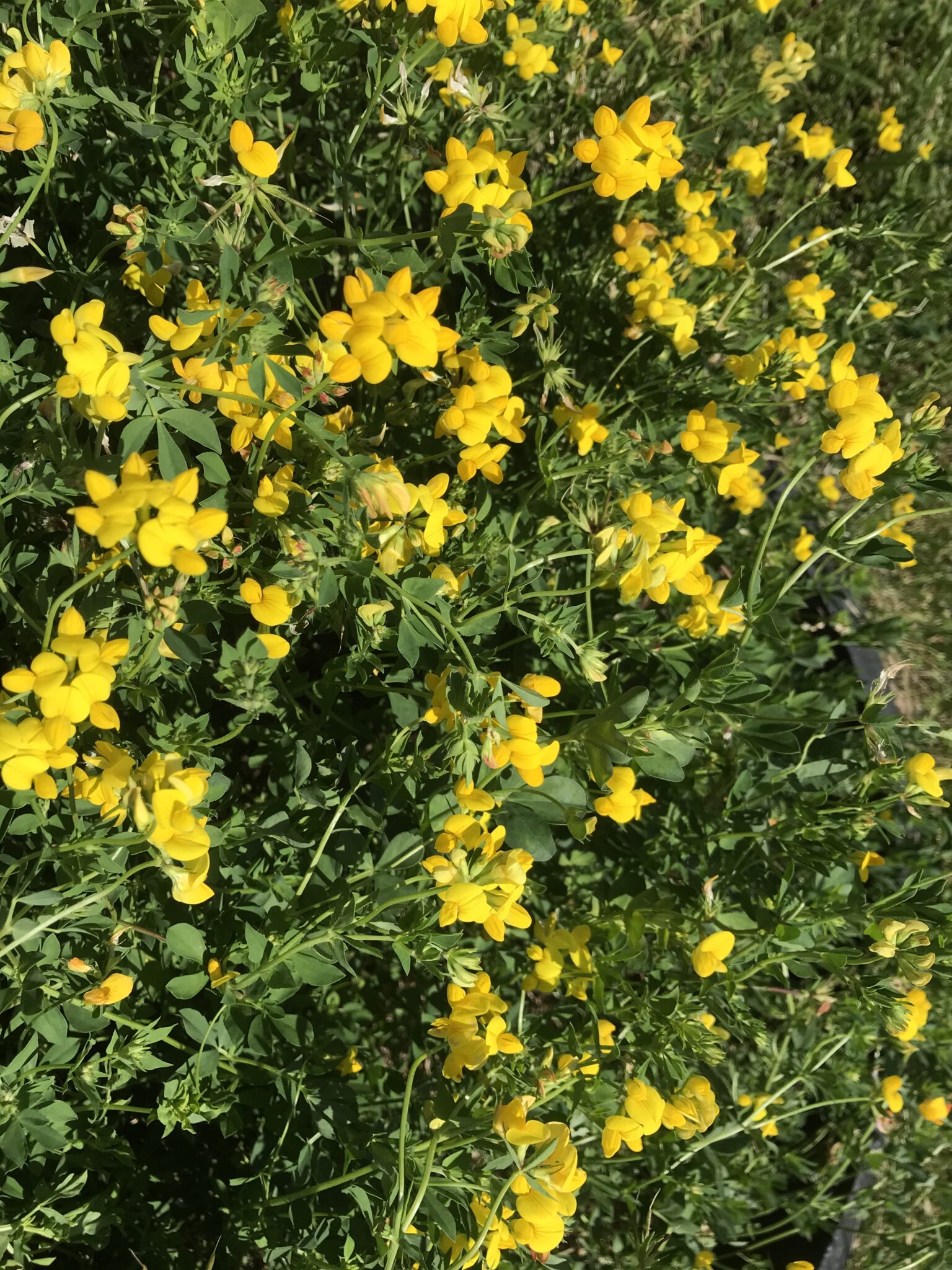
You don’t see birdsfoot trefoil in many Indiana pastures. This perennial legume is in full bloom now with obvious bright yellow-orange flowers.
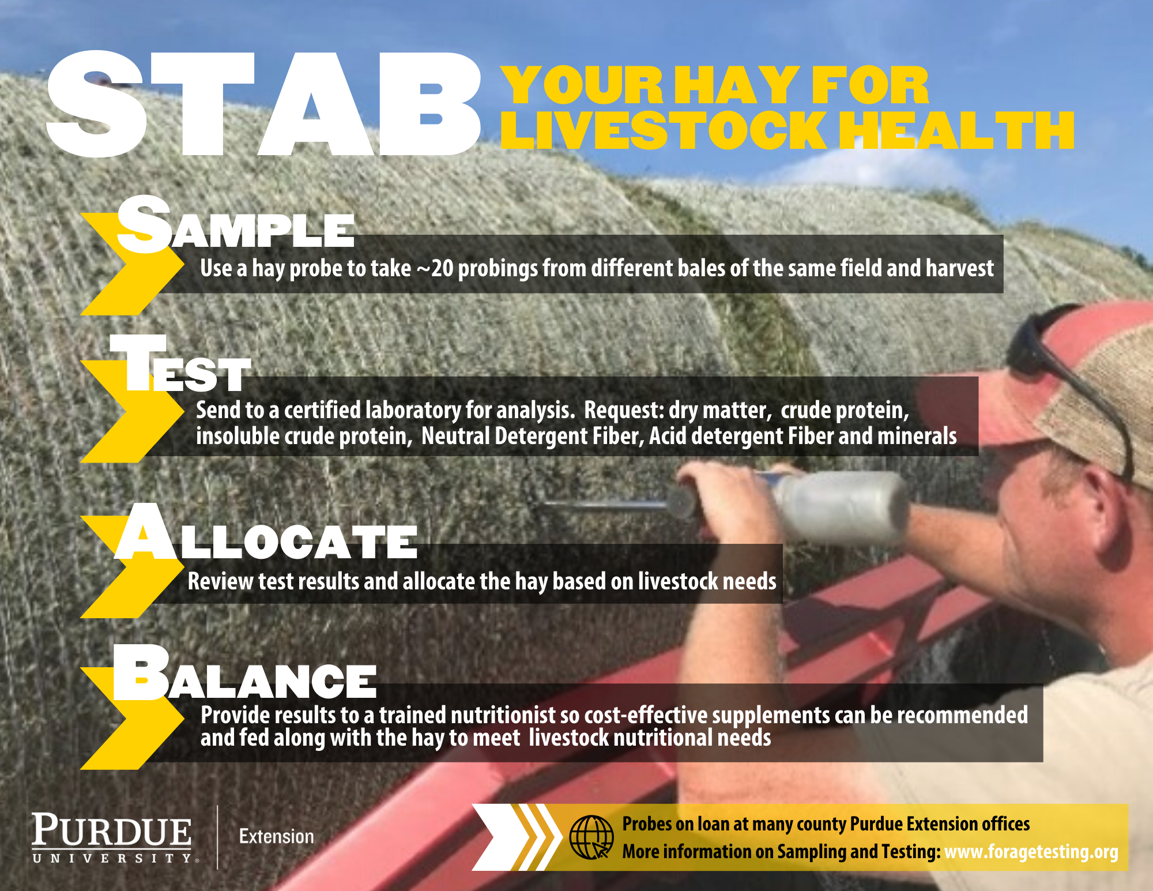
After hay has fully cured following the harvest, it is important to follow through and Sample, Test, Allocate, and Balance or STAB your hay. Doing the STAB is an important best management practice to keep your livestock healthy.
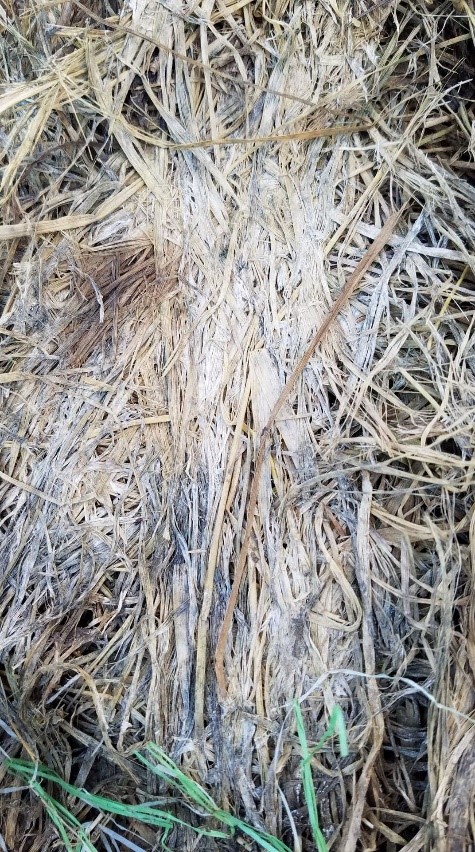
Much hay has been made in Indiana the last two weeks. It is important to package hay at the correct moisture content to avoid excessive heating of bales when in storage.

Want to learn how to improve your pastures? Attending a day and a half grazing school in early June will be a great start to improving pasture utilization by your livestock.
© 2024 Purdue University | An equal access/equal opportunity university | Copyright Complaints | Maintained by Pest&Crop newsletter
If you have trouble accessing this page because of a disability, please contact Pest&Crop newsletter at luck@purdue.edu.